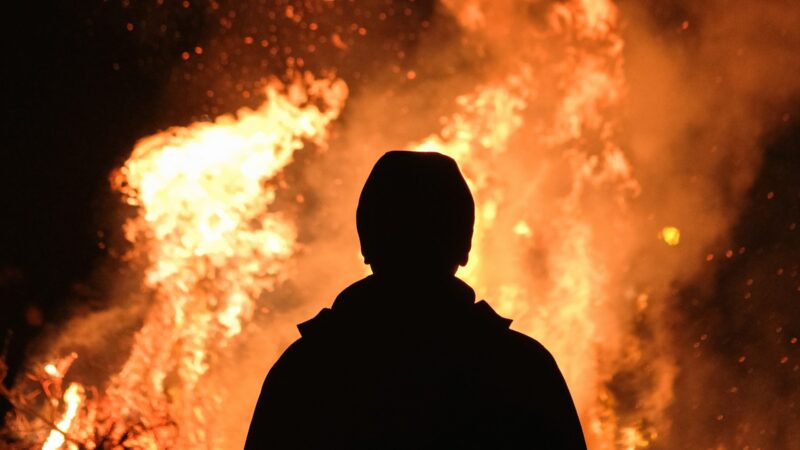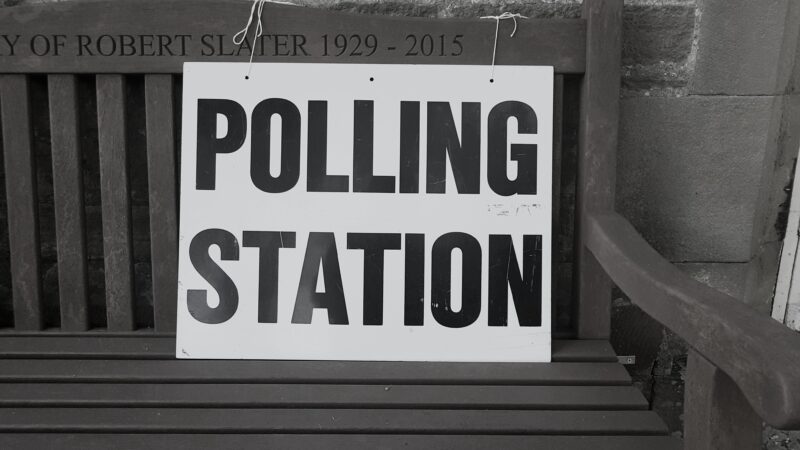Before I begin, I should note that I intended to write and publish this review much earlier. However, my “university” insisted that I do my “dissertation” because, apparently, it is “important” for my “degree” and “academic development”. Alas, my attempts at self-actualisation were crushed and I was reduced to another cog in the machine, from writer to institution. Sartre would have disapproved. Oh well.
Nash states that what started out as a tongue-in-cheek description of Gaddafi’s philosophy, founded on a handful of coincidences, evolved into an endless rabbit-hole of research. The result of this quasi-autistic spiral of pattern-recognition (I mean that in a good way) is Gaddafi: Existentialist.
Despite its short length (less than 100 pages), it is a structurally diverse work. So much so that the first chapter isn’t centred around Gaddafi or Existentialism (although, this is not arbitrary). Rather, it begins with one of Gaddafi’s inspirations: Colin Wilson.
As someone who has taken an interest in Colin Wilson’s life over the past few months (mainly: his origins as a literary outsider, his rise to prominence, and his association with The Angry Young Men) this work proved surprisingly useful in learning about Wilson, not just Gaddafi. Despite my own research thus far, I did not know that Wilson was invited to meet Gaddafi himself, or that Wilson’s works had received considerable popularity in the Middle East – “the largest existentialist scene outside of Europe”.
Indeed, the idea of a stout and bespectacled Colin Wilson, standing at the foot of a long red carpet with armed revolutionary socialists lining the way between him and his biggest fan: Brotherly Leader and Guide of the Revolution of Libya Colonel Muammar Muhammad Abu Minyar al-Gaddafi, who eagerly clutches his personal copy of The Outsider in hopes of getting an autograph, is certainly an amusing one. Although, it seems that such a visit did not come to fruition. Sad!
As Nash notes, Gaddafi was something of an Outsider himself, both on the international stage as ruler of Libya and during his upbringing. A loner bookworm, he festered in his own idiosyncratic ideals of political revolution and societal renewal – “wow, he’s literally me!”. That said, Gaddafi’s core political philosophy (i.e., The Green Book) is not the primary focus of the work – although it is referenced. Rather, Nash centres on Gaddafi’s collection of short stories: Escape to Hell and Other Stories. Was anyone aware that Gaddafi wrote short stories? Regardless, it is interesting to see this neglected aspect of Gaddafi put under the microscope.
It is made evident to us that Gaddafi sees the city, as a reality and as an abstract concept, as an abomination – deracinating people from their organic identities, to be given new ones manufactured from crude necessity and economic convenience, depriving them of fruitful self-understanding and consequently inclining individuals towards nihilistic indifference. As one might suspect, for Gaddafi, the village embodies the preferable to all of this.
Using Gaddafi’s concern for the individual self, the way individuals construct their sense of self, rather than the internal machinations of a polity (of which economic maximization plays an important role), Nash quite effectively demonstrates that there is, at the very least, an existentialist component to Gaddafi’s worldview. However, it stands to reason that individual behaviour is not distinct from that which must be accounted for when running a polity. As such, whilst deciding to not focus on the overtly political, Nash’s insights won’t necessarily be redundant when discussing Gaddafi’s politics.
From death to authenticity, from freedom to self-understanding, Gaddafi’s short stories consistently delve into existentialist themes. Beyond the overarching argument itself, Nash’s humorously nonchalant summary of Gaddafi’s “most overtly existentialist text” – ‘The Suicide of an Astronaut’ – serves as an effective invitation to seek out and read the short stories in your own time:
“…A peasant asks the astronaut what he knows about tilling the earth, the astronaut responds with a lengthy monologue, reciting his vast scientific knowledge of the planet, its gravity, its size, and its distance from other planets.
As you can see, I am well informed in matters concerning the Earth, he boasts to the silent, bewildered peasant, who feels sorry for the ‘pathetic’ astronaut and leaves… The astronaut proceeds to commit suicide”.
Additionally, more than outline of Gaddafi’s relationship to existentialism, perhaps Nash’s book can help explain why some on the dissident right have become so infatuated with Third Worldist, Third Positionist political ideologies of religion-inspired socialism and nationalism as a potential response to the “Demonic Hell World” ushered in by modernity (see ‘Wholesome Chungus’ for further details).
Perhaps Geoff Shullenburger is right, Gaddafi may be just as much of a crypto-romanticist as he is a crypto-existentialist. Given his lamentations about the encroachment of urbanity onto the idyllic pastures of village life, and the scourge of scientific-industrial revolution, perhaps ‘The Colonel’ should have invested in a copy of William Blake’s poems.
All this being said, Nash is prudent to note that Gaddafi would have rejected the ‘Existentialist’ label and attributed Bedouin culture and Islamic teaching as the main source(s) of his political outlook. However, this does not contradict Nash’s argument. Although Gaddafi was not a self-identified ‘Existentialist’, his preoccupation with the aforementioned themes, both in the context of state-building and personal fancy, inadvertently place him on the horizon of Existentialism. Readers may disagree with Nash’s interpretation of Gaddafi, but the willingness of the author to acknowledge the subject’s explicit and direct thoughts on the matter should reassure everyone that it is an honest analysis.
In summary, even if one doesn’t go in with expectations of being convinced of Gaddafi’s Existentialism, anti-Existentialism, or indifference thereto, it still holds up as an enjoyably niche work on the existential-ish outlook of one of the most idiosyncratic political leaders of the 21st century.
Photo Credit



